Financial analysts as well as stakeholders in the country’s agriculture sector are voicing their concern over a directive by President Muhammadu Buhari asking the Central Bank of Nigeria (CBN) to stop funding food imports into Nigeria.
The presidency has yet to clarify what it meant specifically by “food” a source at the central bank told Per Second News Wednesday. That notwithstanding, analysts such as Bismarck Rewane, chief executive of Financial Derivatives Company Limited are concerned by what they considered as an interfering role of the federal executive in the running of the central bank.
Rewane expressed worry over state of independence of the central bank should it follow through with President Buhari’s directive, in a chat with Reuters. According to him, a curb on foreign exchange for food imports could backfire after Buhari last month signed up to the African Continental Free Trade Agreement (AfCFTA).
“At this point in time these rules will be manipulated in the interest of smugglers and their accomplices,” Rewane told the UK-based media organization.
Several analysts who spoke with Per Second News say the move was counterproductive especially as Nigeria currently has failed to grow many of the keys food products it consumes. The restriction they said would escalate food prices and possibly lead to spike in food smuggling.
It will be recalled that Nigeria placed a foreign exchange restriction on dairy export back January, which many players in the sector view as badly thought out policy.
Nigeria only produces 585,000 tons of cattle milk per year, covering only 40 percent of the demand of about 1.3 billion tons of milk annually, a recent data from the United Nation’s Food and Agriculture (FAO) shows.
Eze Oyekpere, Lead Director of Centre for Social Justice (CSJ) a nonprofit organization said in an emailed statement that: “This directive erodes the independence and autonomy of the CBN and presents Nigeria in the image of the Idi Amin fable, when he gave directives to the governor of the Ugandan Central Bank to print more currencies when told that the country was running out of money. This directive is therefore an illegal directive which the Governor and Board of the CBN will obey at their own peril.”
According to him, the “directive is rather a knee jerk reaction to the euphoria of sycophants who tell the President that his agricultural policies are working. And very unfortunately, there is no evidence to support this assertion in terms of more quantity, quality and cheaper foods available to Nigerians.”
A former deputy governor of CBN as well as a development economist, Professor Kingsley Mogalu, in a series of tweet worried that President Buhari’s directive could be categorized as an interference in how the regulatory bank formulates its policies.
“The issue here isn’t whether or not CBN should allow access to forex for food imports. It is about whether such an economic policy of a central bank should be imposed by a political authority.
“A major reason for our poverty, instability and weak economy is weak institutions. Our marketplace should be regulated and guided in a rational manner that creates a level playing field. Our economy will not be saved by Ad Hoc political decisions like this, handed down to the very institutions that should be shielded from the whim and caprice of politicians.
“Nigeria’s entire economy appears to have been sub-contracted to our central bank, including industrial and trade policy. In the process the economy has fared poorly and the Bank has lost its independence. This is sad!” Moghalu tweeted.












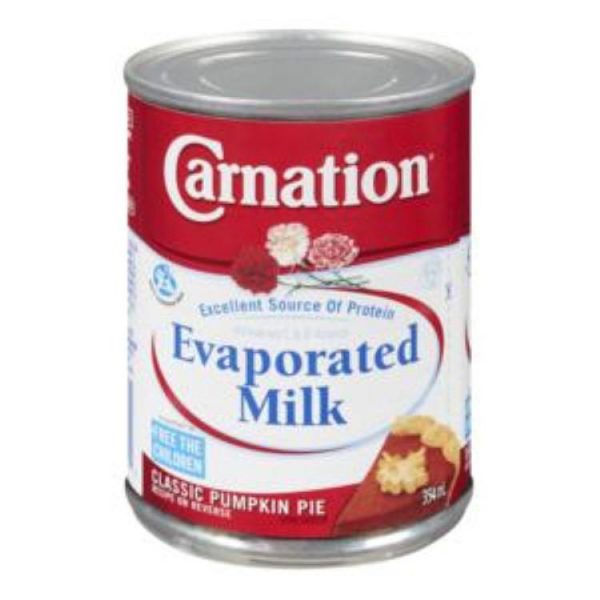
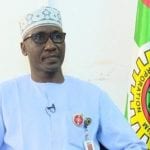
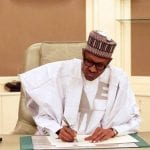









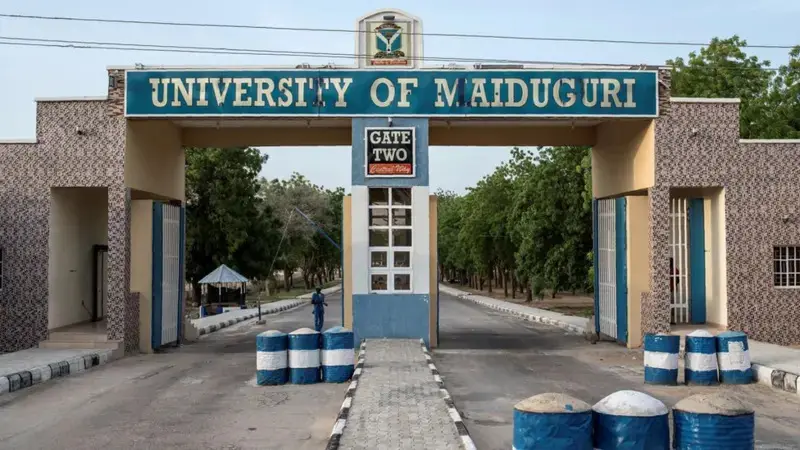

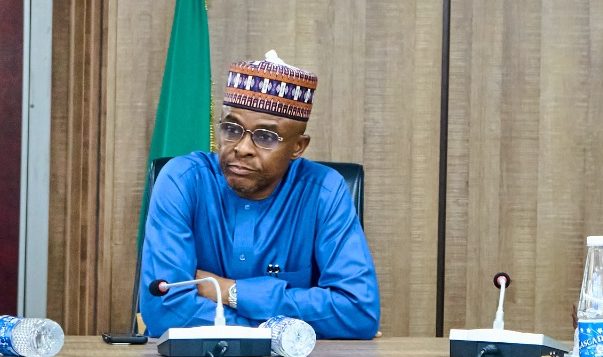
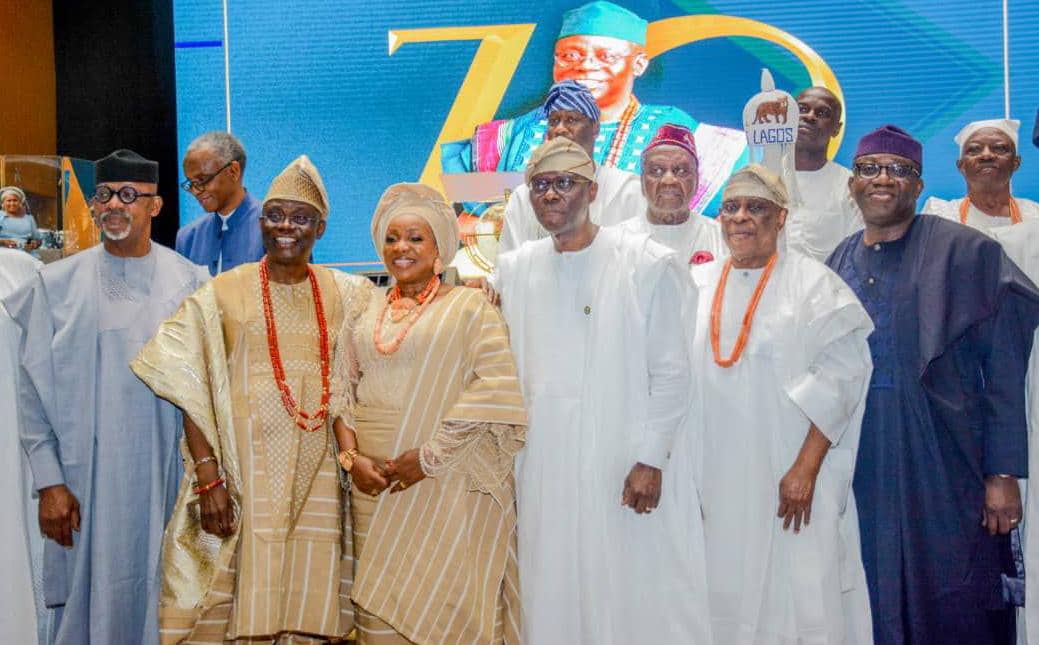
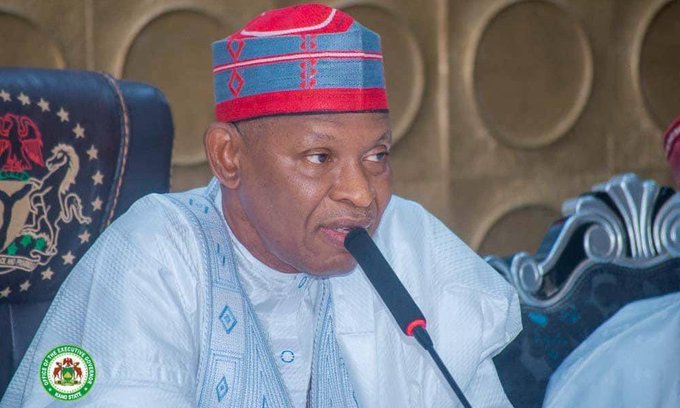
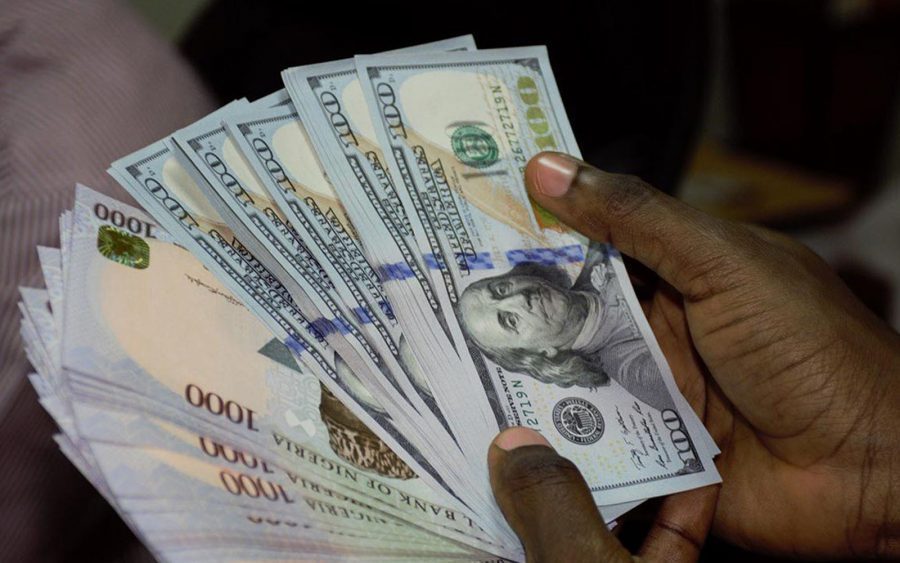


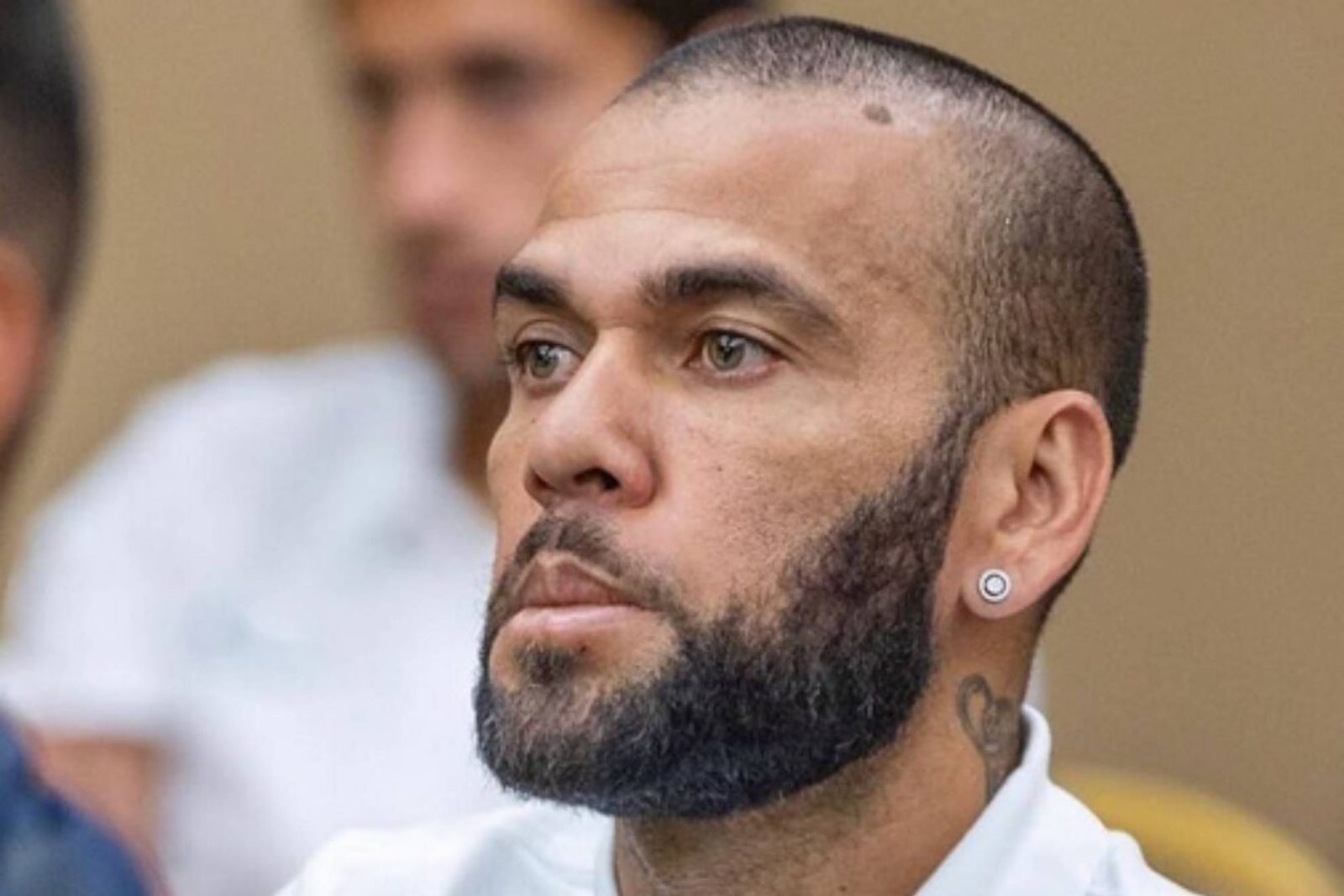


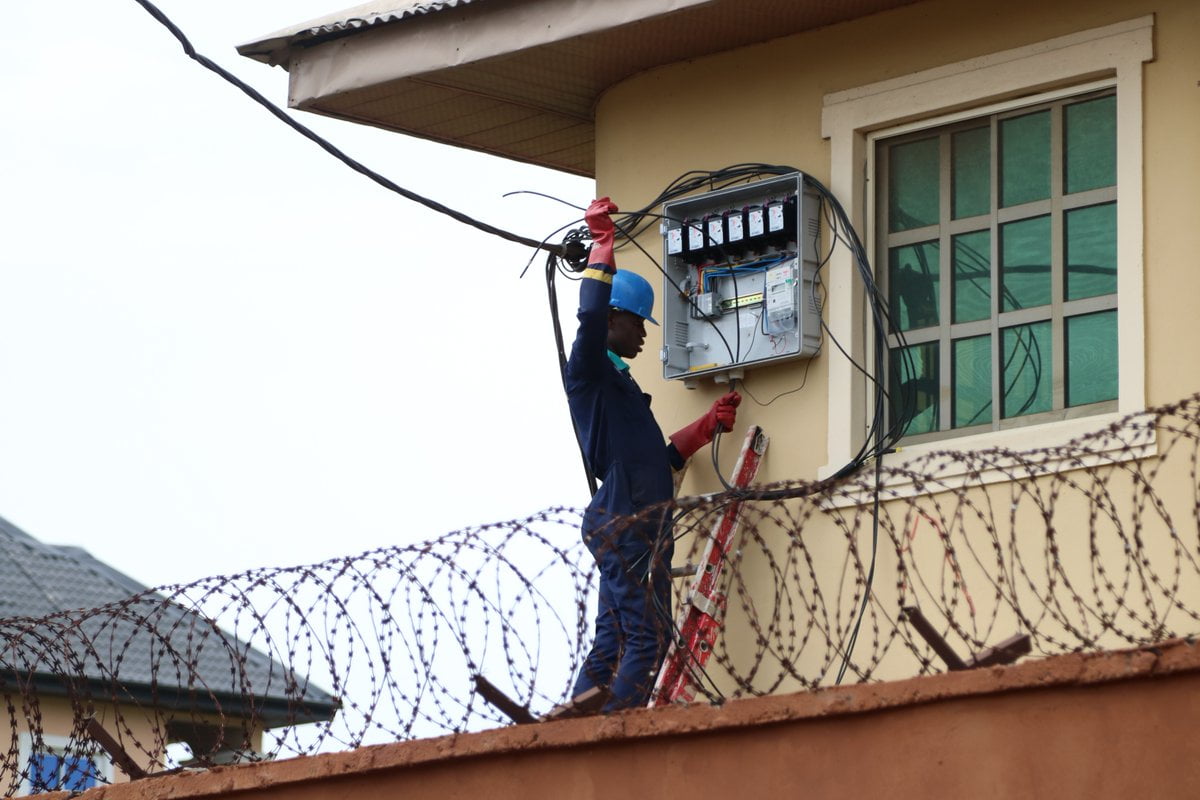
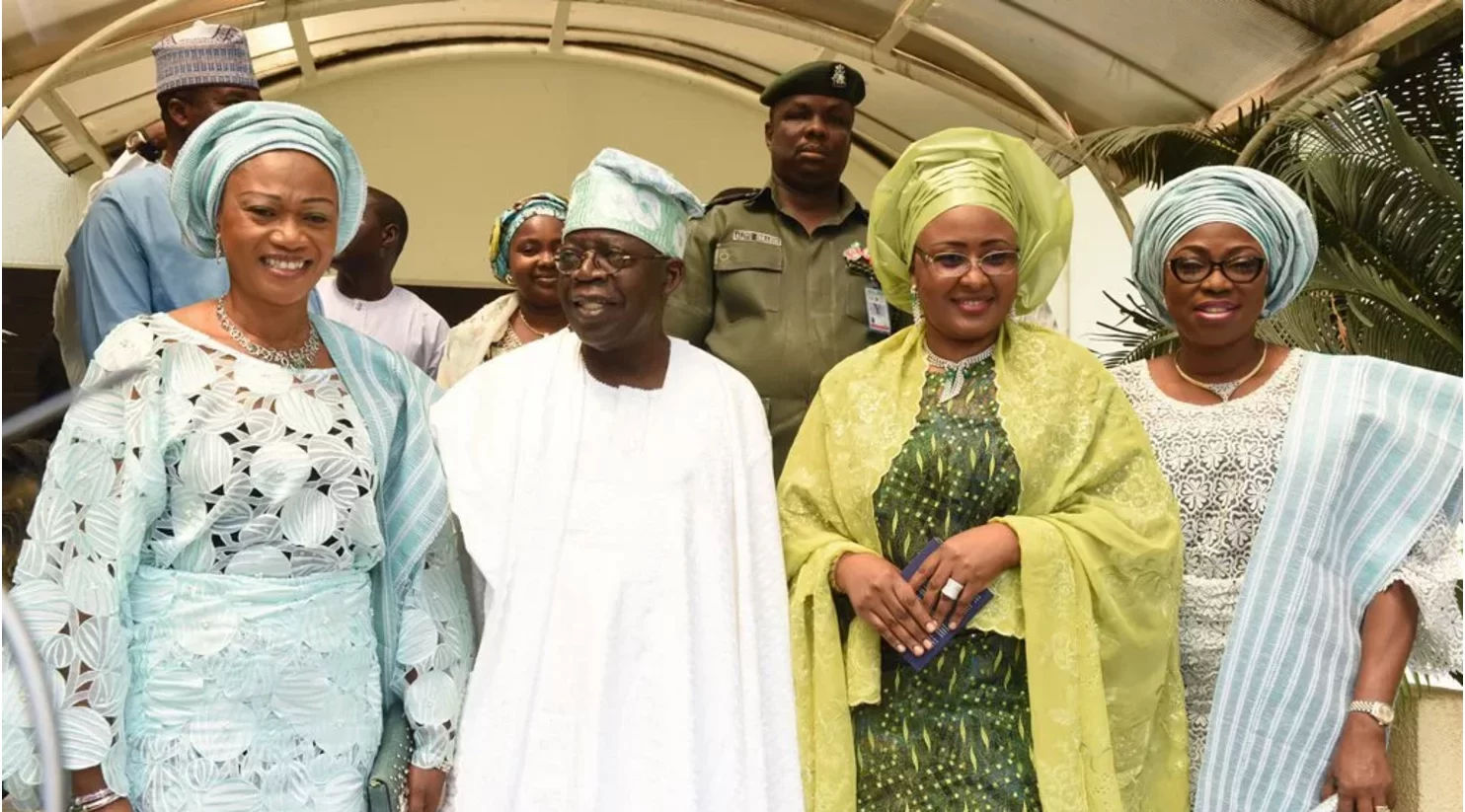

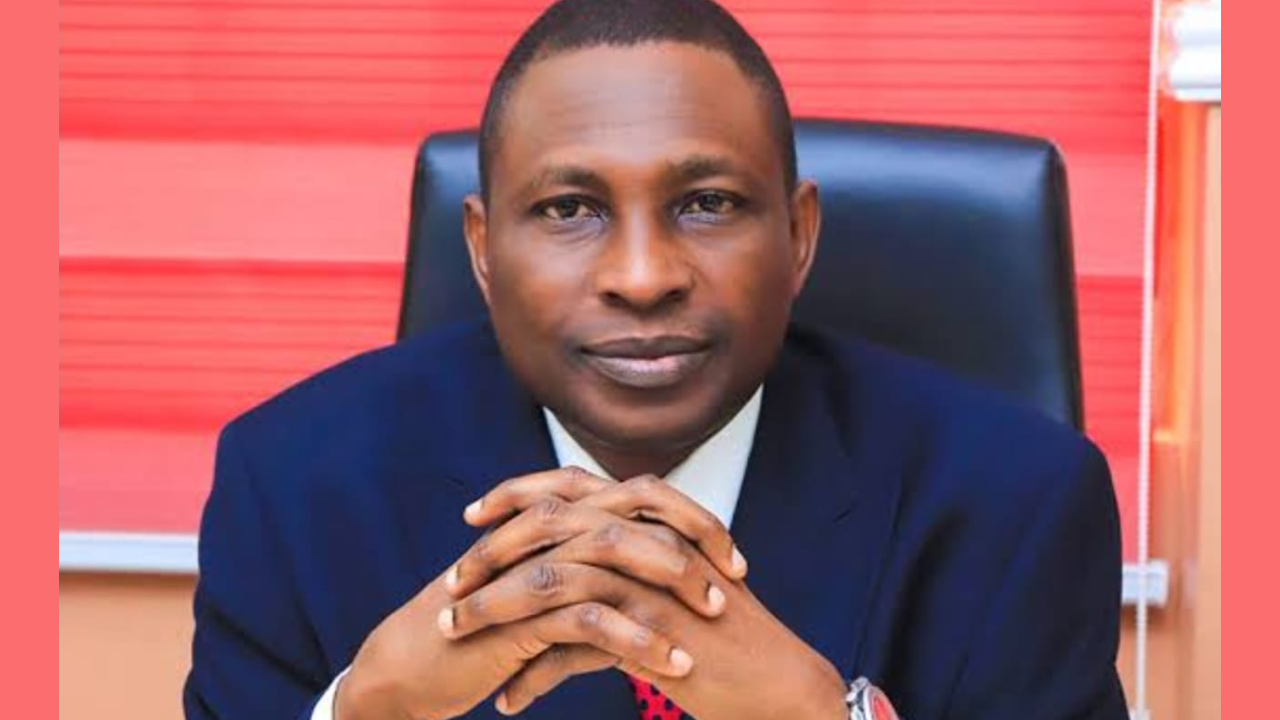
Leave a comment